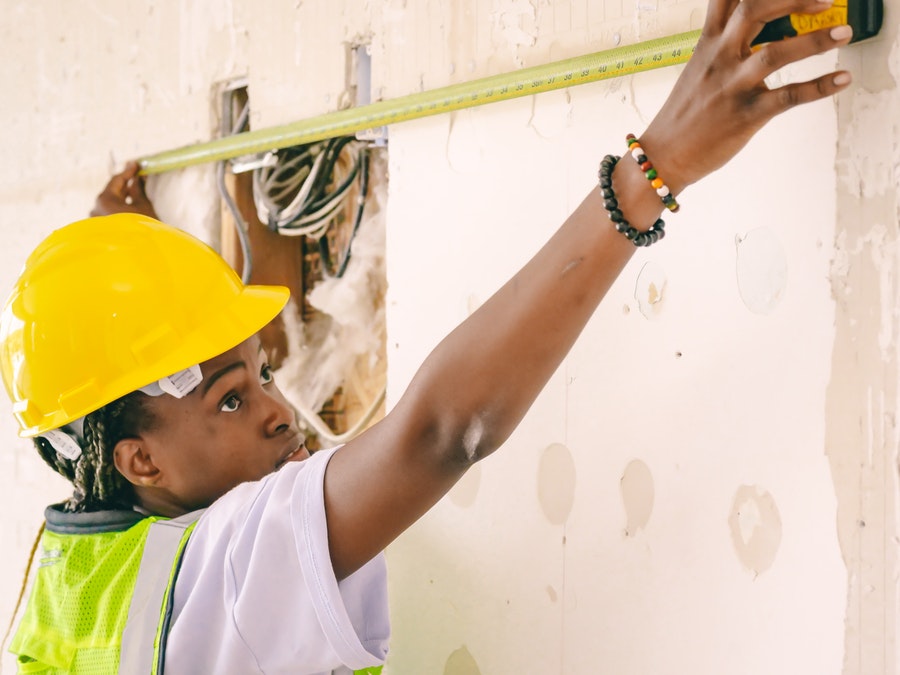When upgrading your HVAC system, every situation is unique. There are several things to consider when choosing the best system for maximum comfort in your home.
An HVAC installer takes several factors into consideration when selecting the best HVAC system for your home.
Size of Home
A big part of choosing the proper size HVAC system is the size of your home and the amount of space requiring air and heat.
Installing a system that’s too small will result in a system that has to run constantly to try to support the right comfort level you want in your home. This would not be energy efficient, and you would see that by the higher cost of your monthly energy bills.
Installing a system that’s too large can result in humidity, which then presents problems with excess moisture and mold. Excess moisture can eventually cause structural damage if not treated, while mold causes destruction and unhealthy living conditions.
Only a professional HVAC installer can walk through the home and determine the proper size and model that would work for your home.
Age of Home
Older homes may have size restrictions, crawl spaces and/or low ceilings in the basement. These things will also be a determining factor in the size of the system and ductwork configuration for a successful installation.
Insulation
HVAC installers take into consideration the amount and type of insulation in the home. Your home may not be as well insulated as it could be, which makes regulating cooling and heating more challenging.
The type of walls is yet another consideration. Wall material and construction also affects heating and cooling regulation.
Second Story / Attic
If there’s an attic or second story, the HVAC system needs to be able to get air and heat to those other living spaces, as well.
Lower Level
In addition to the potential of low ceilings in the lower level, sufficient heat needs to be supplied for keeping pipes, hoses, the water heater and other mechanical systems at a good working temperature.
Replacing Entire HVAC System
Many customers ask if they should replace the entire HVAC system as opposed to replacing only the air conditioning or heating units separately.
The answer is that most HVAC systems work together as a package. If there is already central air in the home, but the furnace needs replacement, it’s best to replace both of the units as a system that will work together more efficiently.
Replacing only one part of your HVAC system and piecing it together to make it work can compromise the life of the existing unit. It can also dimmish the efficiency of both units because they weren’t meant to be used together.
It pays to replace the entire system because you don’t know how long the existing unit will last. When the existing unit fails, you go through the installation process and associated costs for a second time.
While it pays for customers to do their homework and research, at the end of the day only a licensed HVAC professional can make the right recommendations for replacing your HVAC system.
When you’re ready to discuss next steps and options for your HVAC system replacement, call Dale HCS who can answer all your questions. At Dale HCS, we can handle the installation of an HVAC system that is perfectly made for your unique home.

